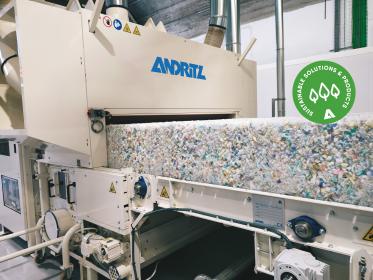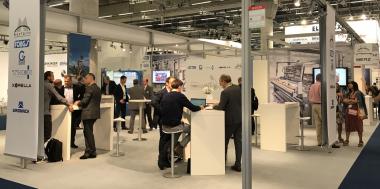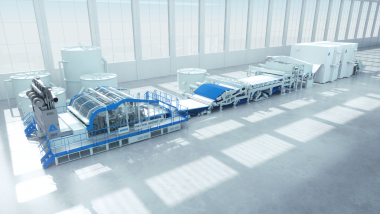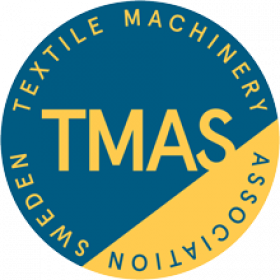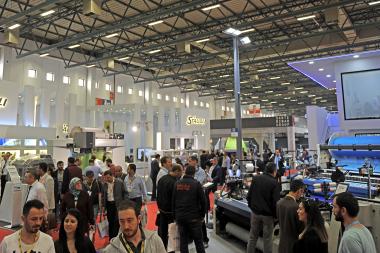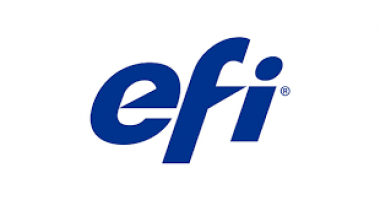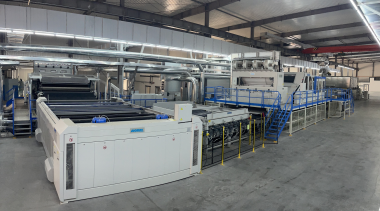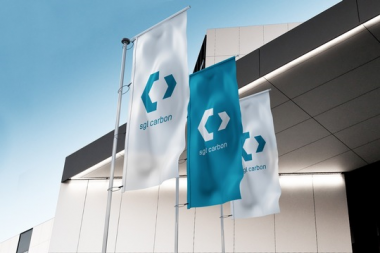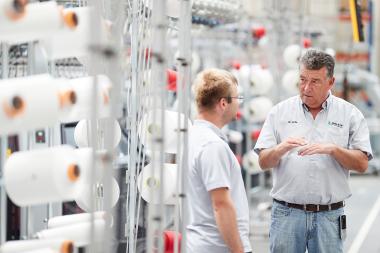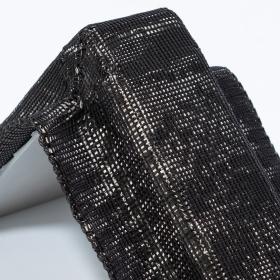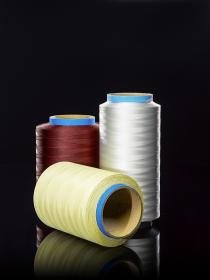Rieter and the Johann Jacob Rieter Foundation Sponsor Professorship for AI
Together with the Johann Jacob Rieter Foundation, the Rieter Group is supporting a new Endowed Professorship for Industrial Artificial Intelligence (AI) at the ZHAW School of Engineering. The Professorship is dedicated to teaching and research in the field of industrial applications of Artificial Intelligence and will be announced later this year.
The new Endowed Professorship will be established at the Center for Artificial Intelligence (CAI) of the ZHAW in Winterthur. It will focus, in particular, on the application of machine learning methods and knowledge-based systems in connection with processes in production and service.
For Rieter, the commitment is related to the implementation of its technology leadership strategy. The contribution of the Johann Jacob Rieter Foundation to sponsoring the Professorship is in line with the Winterthur Cluster Initiative. The increasing digitalization of production processes opens up new perspectives for Winterthur as a business location.
Building Expertise in the Field of Industrial AI
The Endowed Professorship will serve to build expertise in the field of Industrial AI and will oversee a group that will focus on teaching and research pertaining to trustworthy machine learning. This involves, for example, the deployment of artificial intelligence with the aim of optimizing production processes in relation to the use of raw materials and energy, and making expert knowledge more readily available.
In addition to research, for the purpose of knowledge transfer, the new professorship will also be active in teaching, in the bachelor's degree programs in Computer Science and in Data Science, in the Master of Science in Engineering, and in continuing education.
The annual commitment of CHF 300 000 over a period of six years will be financed equally by the Rieter Group and the Johann Jacob Rieter Foundation.
“The use of artificial intelligence in industry is becoming increasingly important, especially with regard to the potential of data for evaluation and control of complex processes. The support of the Johann Jacob Rieter Foundation and the Rieter Group will allow us to further expand AI research in the field of industrial applications,” explains Prof. Dr. Dirk Wilhelm, Director of the ZHAW School of Engineering.
“The use of Artificial Intelligence will make a significant contribution to automation and process optimization, and thereby advance sustainability in the textile industry. This makes it an important element of the leading technology that Rieter offers,” emphasizes Rieter CEO Dr. Norbert Klapper.
“The Smart Machines cluster is growing in importance,” says Thomas Anwander, member of the Foundation Board, and adds: “The Endowed Professorship for Industrial AI at the ZHAW aims to promote Winterthur as a technology location by pooling locally available strengths in mechanical engineering and Industry 4.0.”
Industrial Artificial Intelligence Rieter Holding AG ZHAW School of Engineering professorship
Rieter Management AG








